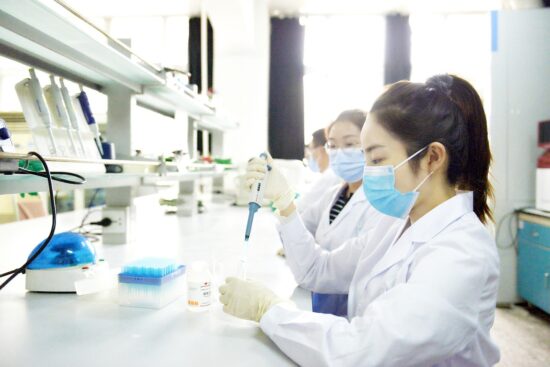Development of a new Acinetobacter baumannii pneumonia rabbit model for the preclinical evaluation of future anti-infective strategies
Carbapenem-resistant Acinetobacter baumannii (CRAB) is a growing cause of hospital-acquired pneumonia (HAP). Preclinical large models are needed to predict the efficacy and resistance profile of anti-infectives and mimic human treatment. An experimental pneumonia model was developed in immunocompromised rabbits, receiving a 48-hour human-simulated regimen. The efficacy of meropenem, rifampin, or a combination of both was assessed in rabbits infected with the ATCC 17978 reference strain or CRAB Turc 2 clinical strain. Meropenem showed a strong pulmonary bacterial reduction, while high rifampin dosage led to high-level resistant mutants in 80%–100% of animals. The model represents an innovative tool for evaluating new or existing therapies and providing data on resistance pharmacodynamic targets.
AMR NEWS
Your Biweekly Source for Global AMR Insights!
Stay informed with the essential newsletter that brings together all the latest One Health news on antimicrobial resistance. Delivered straight to your inbox every two weeks, AMR NEWS provides a curated selection of international insights, key publications, and the latest updates in the fight against AMR.
Don’t miss out on staying ahead in the global AMR movement—subscribe now!







